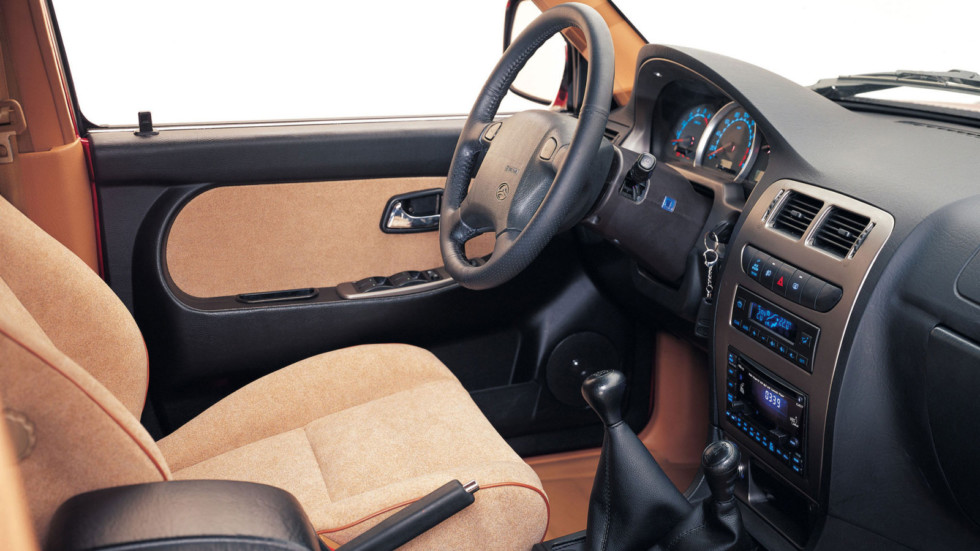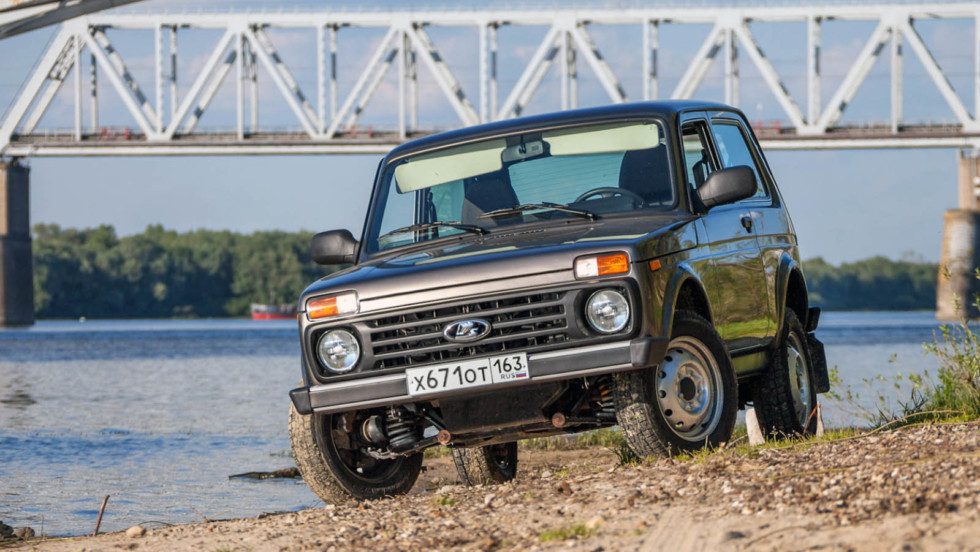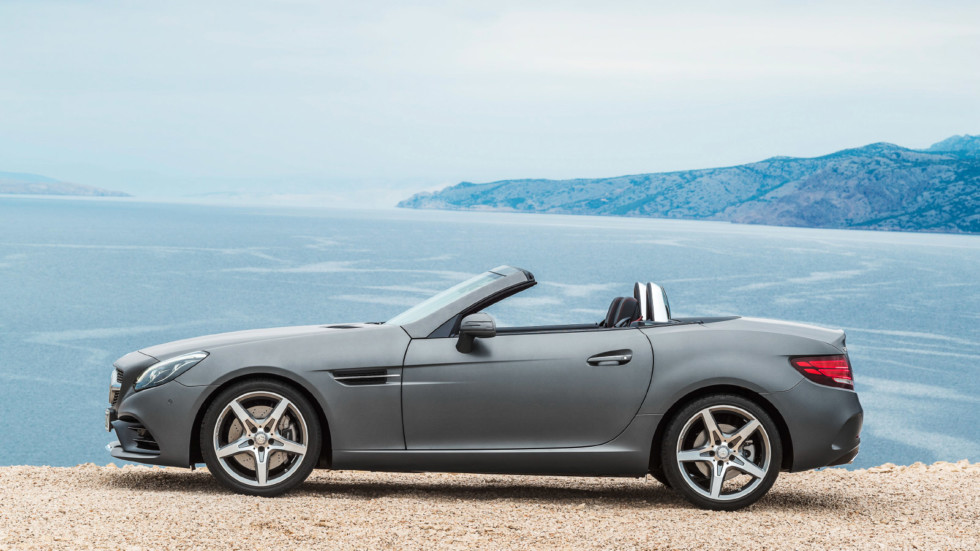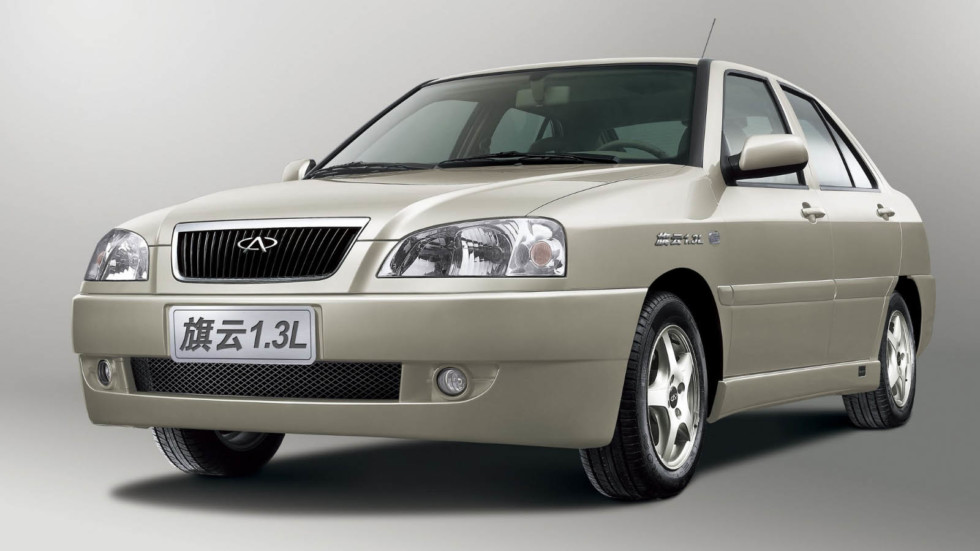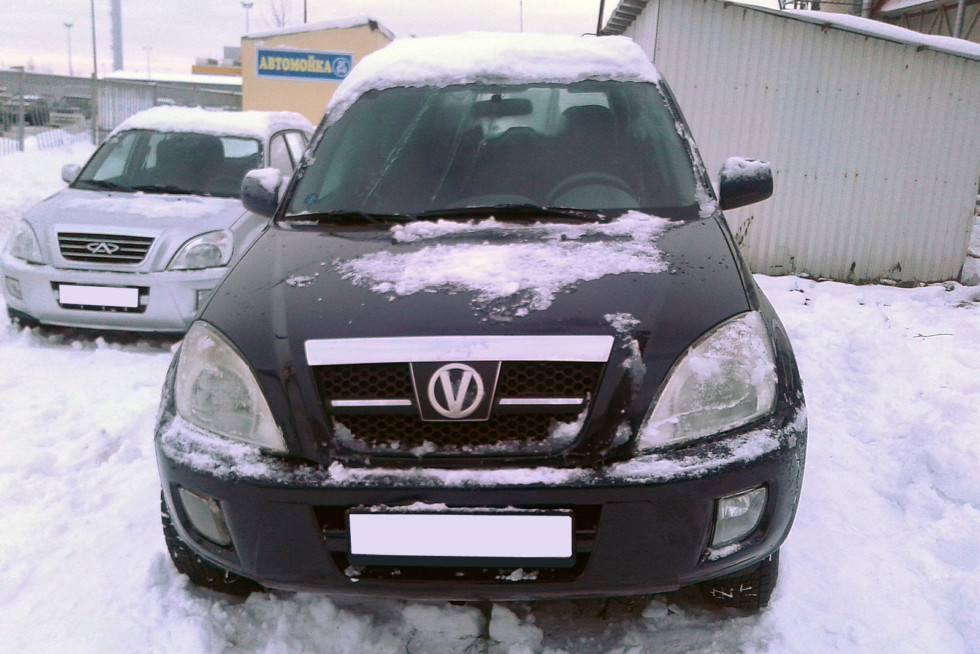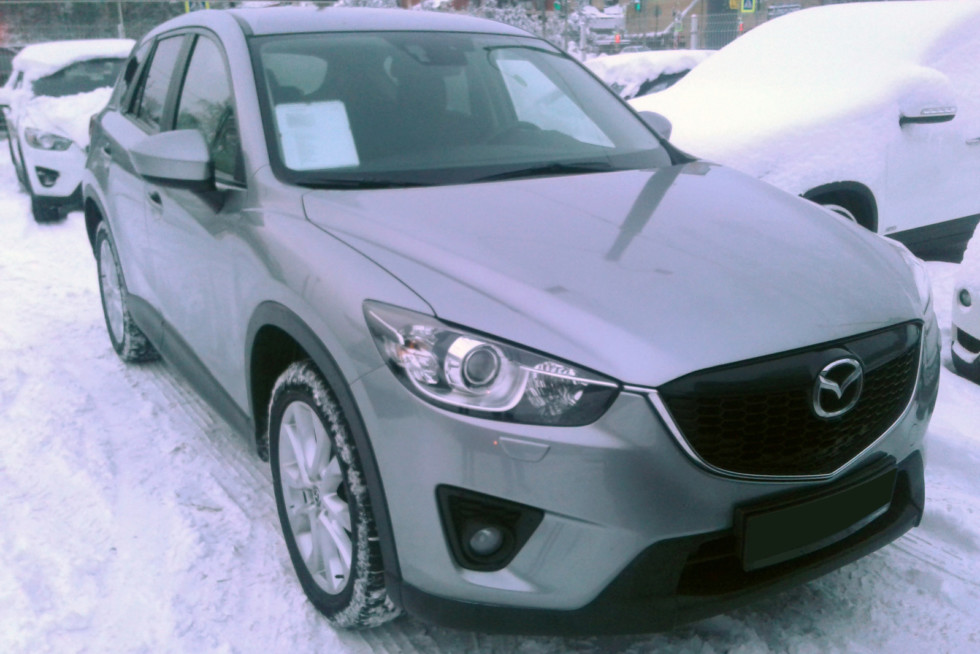Do not avoid, but delay: is it worth buying a Volkswagen Passat B6
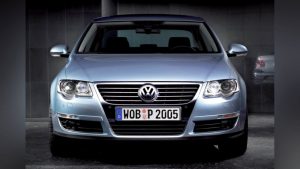 Volkswagen Passat is a sort of “classic of choice” model in the D-class: many people want to get “real German quality, proven over the years,” and the confident reputation of cars in the generations from B2 to B5 only reinforces this desire. Colleagues from Avito Avto also suggest that, given the starting prices of 400,000, a decent car can be chosen for half a million already – and this is now much cheaper than the new “budget sedan” of the Korean brand. Is the desire to get more cars for less money justified, and what will you have to face when choosing?
Volkswagen Passat is a sort of “classic of choice” model in the D-class: many people want to get “real German quality, proven over the years,” and the confident reputation of cars in the generations from B2 to B5 only reinforces this desire. Colleagues from Avito Avto also suggest that, given the starting prices of 400,000, a decent car can be chosen for half a million already – and this is now much cheaper than the new “budget sedan” of the Korean brand. Is the desire to get more cars for less money justified, and what will you have to face when choosing?
In its sixth generation, the Passat thoroughly intermarried with the Golf: the PQ46 platform, on which the car was built – this was stretched and modified PQ35, and the list of engines had a lot of “overlaps”. Given the mass movement towards “modularity” of platforms, no one paid attention to this, and rightly so: in terms of decoration and volume of interior space, the Passat offered more than the Golf, and it looked appropriate. The car has traditionally been offered in sedan and station wagon bodies – and we quite appreciated the station wagons, which is clearly shown by the structure of offers on the secondary market: dvuhobotelniki account for about 20% of the offer, and not 5-10%, like many other models.
In addition to the choice of body type to pay attention to his condition. Despite the decent quality of painting and galvanizing, the Passat is far from eternal, and taking into account the fact that even the youngest cars are already approaching the age of ten (and the oldest are 15 years old), you cannot count on the excellent condition of the bodies. Chips here, for example, are not quick, but they are quite willing to rust, so that the red spots are a pretty clear sign of a “lazy” attitude to the car. Thresholds, arches, lower edges of the doors and the upper edge of the windshield opening are those places where you are guaranteed to see either corrosion of varying degrees or fresh paint, and attention should be paid to the engine compartment joints, spare wheel niche and door openings. cracks and putty. Corrosion on the bottom is also not surprising – especially carefully inspect the mounting frame. But if you are lucky enough to find a car that didn’t save on anti-corrosion treatment, take a closer look at it: perhaps, for the rest, it will turn out to be very advantageous.
The Passat’s suspension doesn’t throw up shocking surprises: no air bellows were put here, and the resource for both the front MacPherson and the rear multi-link is quite predictable. The main question is what parts were used in the repair: if the seller is ready to show order history in the personal account of the online parts store, where Lemforder and other decent brands appear, this can be considered a good argument in his favor. Of course, the physical availability of these parts on the car should be checked on the lift. But cheap Chinese “iron” will disappoint not only a low resource, but also a change in ride quality. However, the suspension is something that can always be easily and relatively inexpensively fixed.
Almost all Passat B6 in the aftermarket are front-wheel: rare versions with 4motion all-wheel drive mean Haldex clutch in the rear-wheel drive, which increases the cost of maintenance, but does not add any special problems. True, the proposal for such machines is literally a piece – less than 1% of the market. There are, by the way, even unique “self-made” copies: technical unification and the passion to do everything with their own hands pushes individual enthusiasts to introduce all-wheel drive into the front-wheel-drive machine initially – but it’s definitely unjustified to buy.
Speaking of all-wheel drive, we moved on to one of the most interesting topics – transmissions, which are dominated by DSG boxes. Probably too much has already been said about them: we have dedicated a single material to the DQ200 alone. However, DSG boxes are already afraid of what is called late: almost everything that could and should have been broken has been replaced by later and successful revisions, and repeated repairs can be, if not avoided, then at least delayed. Particularly problematic were the “dry” seven-speed “robots” DQ200, which were set with younger engines up to 1.8 liters. But now you can only face their children’s diseases if you manage to find a copy of the first years of production with a tiny mileage (up to 50 thousand): here, contrary to standard logic, you should rather refuse to buy, in order not to go the way that the owners of the new Passat have passed more than 10 years ago. However, the probability of meeting such a machine is almost zero.
The six-speed DSG DQ250 with clutches in an oil bath is initially more durable and reliable, but it also has its own nuances. She put with more powerful engines, including torque diesels, and the owners love to chip engines and do not like to change the oil.
